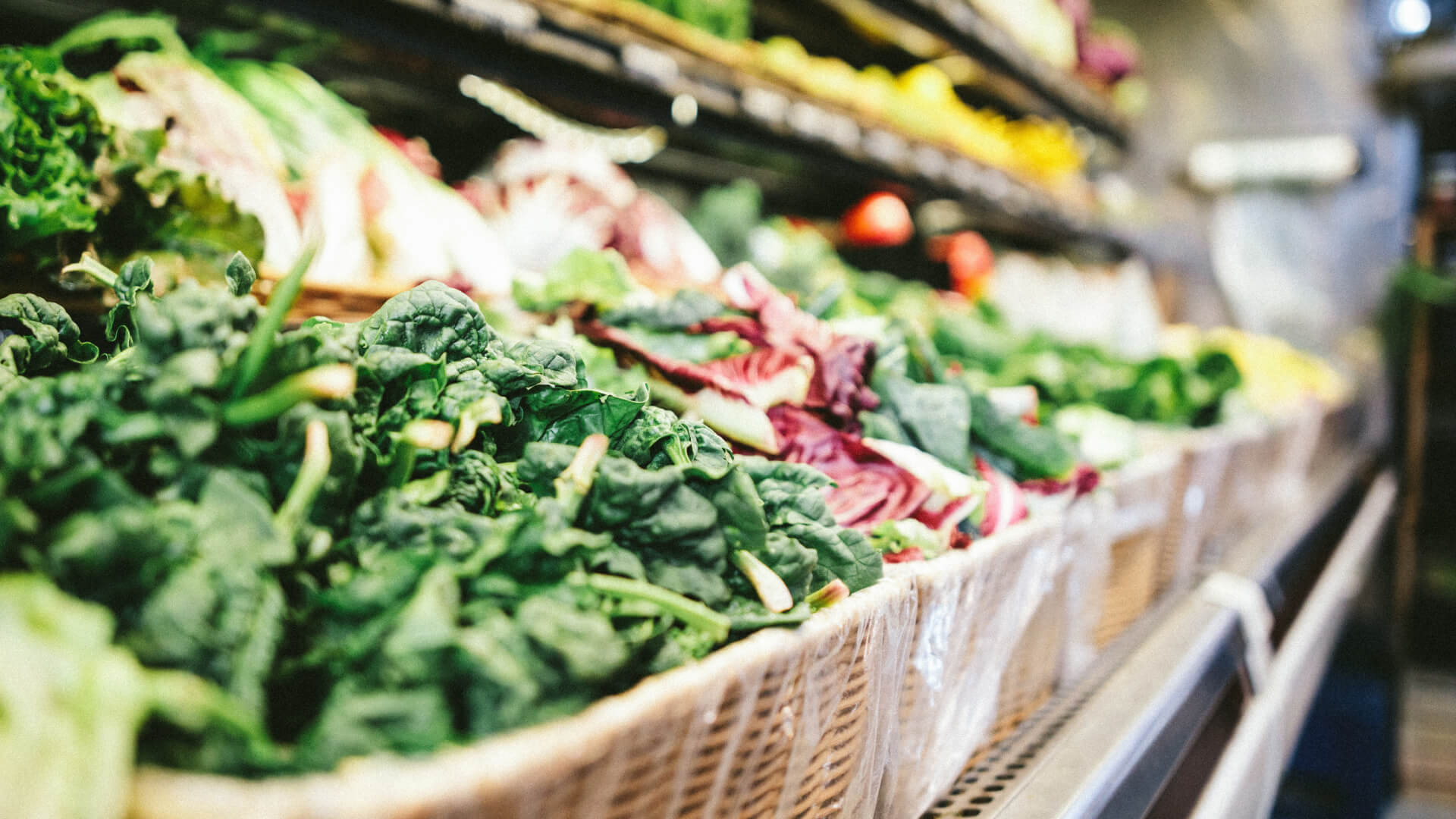We’ve all been told to eat with the seasons, but why is it so important? Well, there are several reasons.
Firstly, it’s a matter of abundance. Seasonal fruits and vegetables are more readily available and don’t require long-distance transportation, which lowers prices and the impact on the environment. It also means more flavour. As Chef Caitlin writes in her piece “Embracing a seasonal menu“, out-of-season produce just doesn’t taste the same! Naturally ripened ingredients, influenced by local weather conditions, taste far superior to any cold-stored, imported, or greenhouse-grown fruit or veg. And, lastly, it provides a diverse culinary experience. Different vegetables are accessible throughout the year, allowing for new and exciting ingredients in your meals.
For a helpful reference, download our seasonal guide to fruits and vegetables in South Africa. It will make it so much easier to explore the best ingredients to use each season, whether you’re cooking at home or planning a restaurant menu.
Download Our Seasonal Guide
To keep track of which fruits and vegetables are in season in South Africa throughout the year.
Spring
Vegetables: Artichokes, Asparagus, Baby marrows, Broad beans, Brussels sprouts, Butternut, Carrots, Kale, Leafy greens, Onions, Parsnips, Peas, Potatoes, Rhubarb, Spinach, Turnips, Watercress
Summer
Vegetables: Artichokes, Asparagus, Aubergines, Baby marrows, Beetroot, Butternut, Corn, Green beans, Onions, Peppers, Potatoes, Radishes, Rhubarb, Sweet potatoes, Tomatoes
Autumn
Vegetables: Aubergines, Baby marrows, Beetroot, Broccoli, Brussels sprouts, Butternut, Carrots, Leeks, Onions, Parsnip, Potatoes, Radishes, Squash, Sweet peppers, Sweet potatoes, Tomatoes, Turnips
Winter
Vegetables: Asparagus, Beetroot, Brussels sprouts, Broccoli, Carrots, Jerusalem artichokes, Kale, Mushrooms, Onions, Parsnips, Peas, Potatoes, Pumpkin, Radishes, Spinach, Sweet potatoes, Turnips, Watercress


Please keep me posted